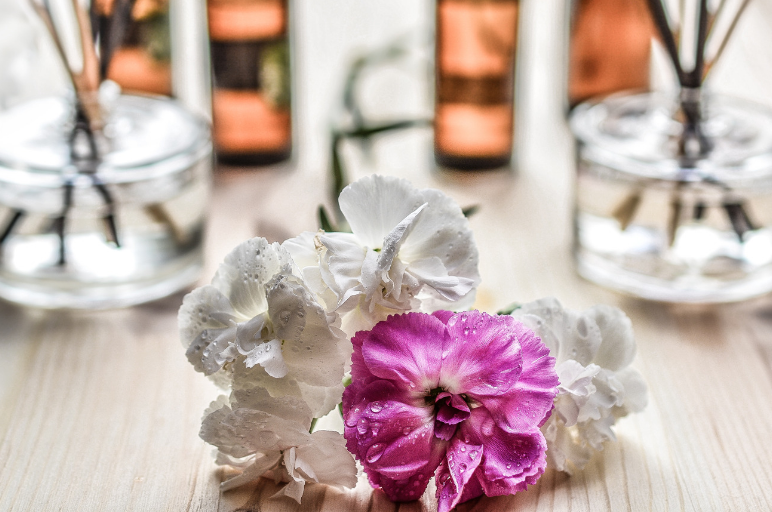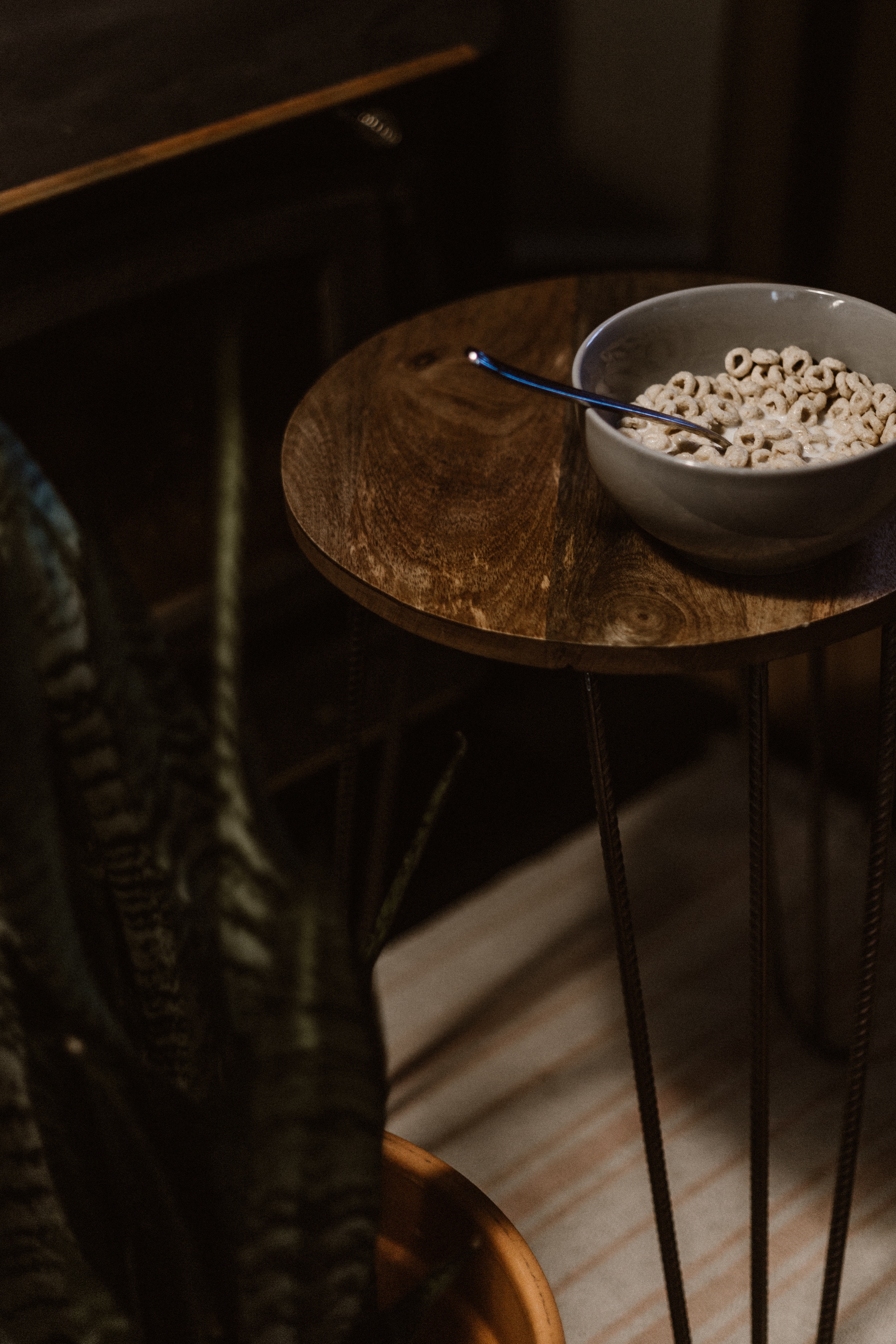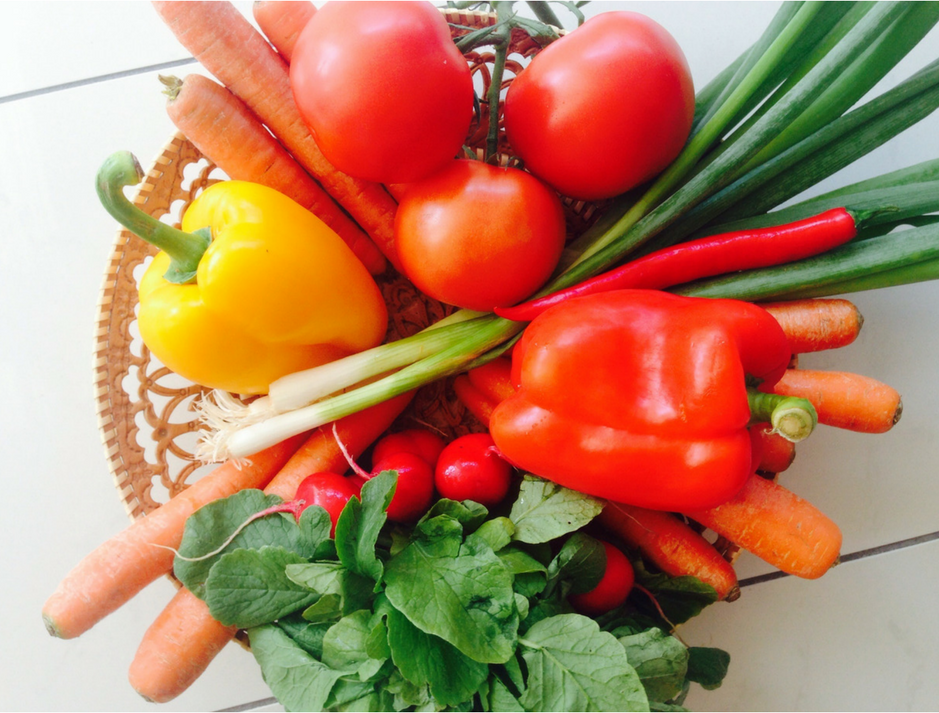
Be Soothed with 6 Essential Oils
Be Soothed with 6 Essential Oils
Traveling with friends and family is one of my favorite things to do! This summer has already been filled with a lot of travel and creating wonderful memories.
When I was in Ireland last month, I was overjoyed with the food options. Every meal consisted of fresh meats, fruits and veggies. There was fresh fish, farmers market goodies and so many options for those with food sensitivities. We walked a lot and I felt very healthy being there.
I know that’s not always the case, but there are many ways to modify or make healthy adjustments when traveling. Below are some of my top tips that I always incorporate when traveling and also share with my clients.
1. Get plenty of sleep
With the different places I’ve traveled to so far this summer, sleep has been a challenge at times with different time changes. Due to that and the health benefits, I’ve made it a point to get tons of rest when I can. Depending on where you are traveling, things can be stressful. Running around the airport, long drive times and lack of sleep can all take a toll on the body. Make sure you get enough rest, especially around the days you will be traveling. I recommend shutting down electronics an hour before you plan to sleep. Breathing exercises can be beneficial too! For me, I find reading to be helpful. Find what works for you but make sure you make sleep a priority.
2. Move and stretch
When I am on vacation or away on a trip, I like to move! This includes walking a lot and traveling with portable exercise equipment like bands. You can also rent bikes, paddle boards (when on the water) and other outdoor equipment. When flying or driving long distances, take time for stretching. Whether it’s on the plane or at a gas station when stopping. Many places have daily passes at the gym or equipment in the hotel. Again, find what works for you but make sure you incorporate movement and stretching.
3. Hydrate
Hydration is very important! Especially when traveling. I usually carry an empty water bottle with me on the plane or bring water when traveling by vehicle. Staying hydrated is very important. Not only does it hydrate the body, but it helps with cooling the body down and detoxification.
4. Keep it clean
Nutrition is usually something that I have down when it comes to travel. Over the years, I have learned what works for me, my own bio-individuality and my lifestyle. That’s not to say that I never indulge or enjoy things. Especially when traveling to new places or trying new things, but I usually “keep it clean” because I feel better and have more energy when I eat well.
While vacationing or traveling, be mindful of things like alcohol, caffeine, sugar and processed foods. Traveling with a cooler and loading up at the farmers markets are great tips when traveling by vehicle. Preparing meals where you are staying helps to save money and provides healthier options. When eating out, opt for a clean, lean protein source and lots of veggies. Most restaurants are accommodating to substitutions and mindful of dietary restrictions. Many meals have large portion sizes, so I like to take leftovers home for another meal. You can always add some extra veggies from the market. Stocking up on fresh produce provides for snacking options too.
When traveling by plane, you are able to take snacks. For more information, here is a link to the TSA site. TSA – What you can take on a plane
5. Research restaurants
I love trying new restaurants and tasting new foods and dishes. Before visiting a restaurant that I’ve never been to before, I always look up the restaurant and menu. Most restaurants provide this online resource. I like to try places that have a variety of menu options. When it comes to food, I always keep it simple. Don’t overcomplicate things!
Stick to the 80/20 or 90/10 rule. I am pretty good about sticking to clean eating, but if I want to try a new kind of wine or enjoy some cheese, I do so. I know that some foods may deliver different symptoms hours or days later, but I am mindful of these things. Instead of making excuses, I go right back to my clean eating and drink a lot of water.
6. Choose activities that bring you joy
Whether you’re vacationing with friends, family or on a business trip, pick activities and adventures that you enjoy. If time allows, check out something new that you have never done before. Being out of town provides a great opportunity to experience new things.
7. Drop the guilt
As mentioned, traveling provides a great opportunity to try new things and experience different cultures. If you decide that you want to try an exciting new food or beverage, don’t carry guilt afterwards. The same goes if you decide to lounge on the beach all day. Vacations are a time to relax, enjoy and experience. Balance is key!
8. Take a healthy travel bag
When packing, consider a healthy travel bag. Check the TSA website and see if your items meet regulations. You can pack healthy snacks, breakfast options, water and clean products. Opt for chemical free products, especially when it comes to sunscreen.
9. Supplements and Probiotics
Depending on your lifestyle, don’t forget to pack your supplements if you take them. Probiotics are especially beneficial when it comes to gut and overall health. If I know I am going to be indulging in some extra goodies, I bump up my water intake and probiotics. A lot of airports sell kombucha and many markets sell fermented foods.
10. Pack a variety of clothing and shoe options
When traveling, make sure to pack comfortable and ventilated clothing. Especially if you will be on a plane or in a car for many hours. Taking comfortable or workout clothes will provide additional comfort and support when you’re on the move or working out.
I hope you found some of these tips to be helpful. Do you have any tips of your own that you have found work? I welcome you to comment below.
Wishing you safe and happy travels!
Today’s author: Kim Wilson is a Certified Holistic Health Coach (CHC) and owns her own business, Kim Wilson, LLC, which specializes in empowering and educating women to get to the root of what’s going on with their own unique, individual body. She works with women one-on-one and coaches through online groups and programs. Learn more about Kim at her website www.kimwilson.me, from her Facebook page, or find her on Instagram.



